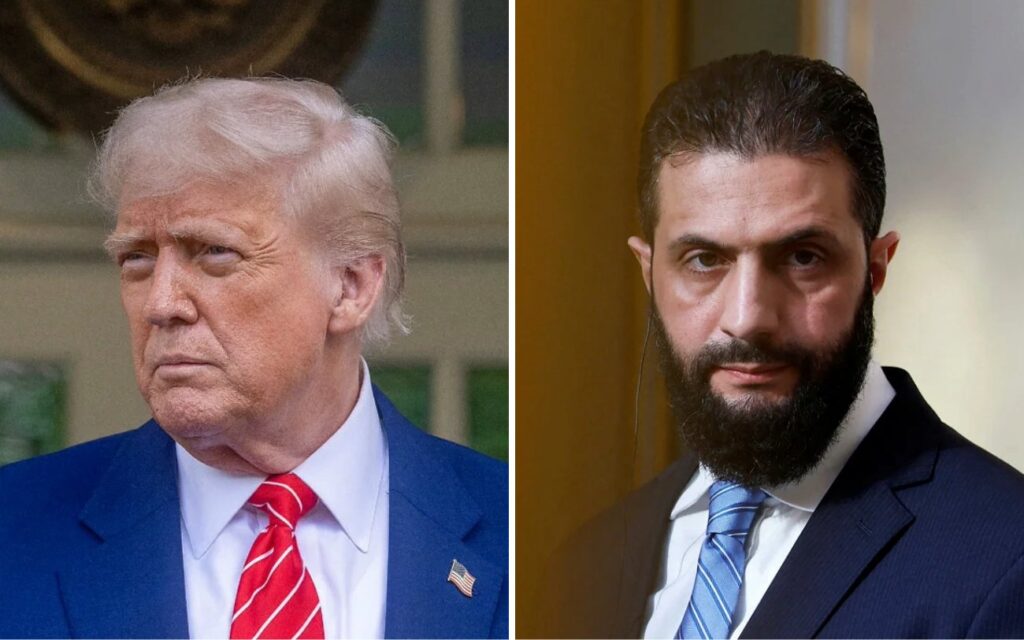Syria and Israel have agreed to a ceasefire after days of escalating violence in the Suwayda region, where heavy fighting between Druze and Bedouin factions, alongside Israeli air raids, had plunged the area into chaos. The truce, reportedly backed by regional and international actors, aims to bring a pause to the bloodshed and open the door for broader reconciliation.
The Suwayda governorate in southwestern Syria has witnessed near-constant violence for over a week, driven by tensions between armed Bedouin groups and Druze factions. The clashes, deeply rooted in ethnic and sectarian grievances, have reportedly left hundreds dead or injured. Alongside the ground conflict, Israeli warplanes launched a series of air strikes targeting Syrian government military installations, including a key facility in central Damascus and positions in Suwayda. These strikes, Israel claimed, were aimed at shielding the Druze minority amid the violence.
While official confirmation from Damascus or Tel Aviv was initially absent, diplomatic sources indicated that the ceasefire had been facilitated with international support. Regional players, including Turkiye and Jordan, reportedly supported the agreement. As part of the truce arrangement, Syrian internal security forces were granted temporary access into the Suwayda district to help stabilize the situation, a significant move given the recent hostilities.
In a public call for unity, external actors urged the warring factions – including Druze, Bedouins, and Sunni groups – to lay down their arms and work together to forge a peaceful and inclusive Syrian identity. This appeal reflected growing concern that the unrest in Suwayda could spill over into broader sectarian violence or even reignite regional conflict.
Despite the ceasefire, tensions remained high. Reports indicated that fresh fighting erupted between Druze and Bedouin tribal militias even after the truce was brokered. In response, Syrian government forces were once again deployed to Suwayda to restore order. The situation on the ground remained fluid, with the potential for further outbreaks of violence if the ceasefire fails to hold.
The events in Suwayda have also exposed the complex layers of loyalty and identity within Syria. The Druze community, a significant minority with longstanding grievances against both the government and opposition groups, has found itself at the center of the latest crisis. Their relationship with Israel, which regards the Druze population as culturally and historically close, added further complexity to the conflict.
Syria’s leadership responded to Israel’s strikes with sharp condemnation. The interim president emphasized that while the country preferred peace, it would defend its sovereignty against foreign aggression. He also reaffirmed Syria’s commitment to protecting all its citizens, including the Druze, and warned against attempts to destabilize the nation through division and external interference.
As the ceasefire comes into effect, the coming days will be crucial in determining whether the warring groups and regional powers can sustain the fragile truce and begin a process toward lasting peace in the troubled Suwayda region.

